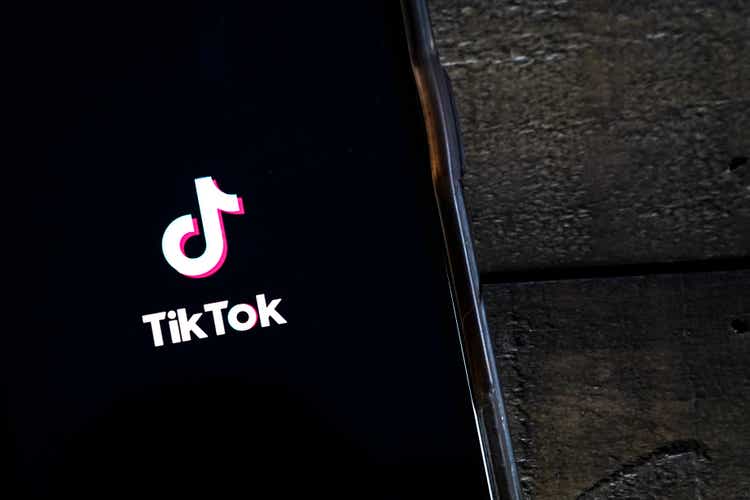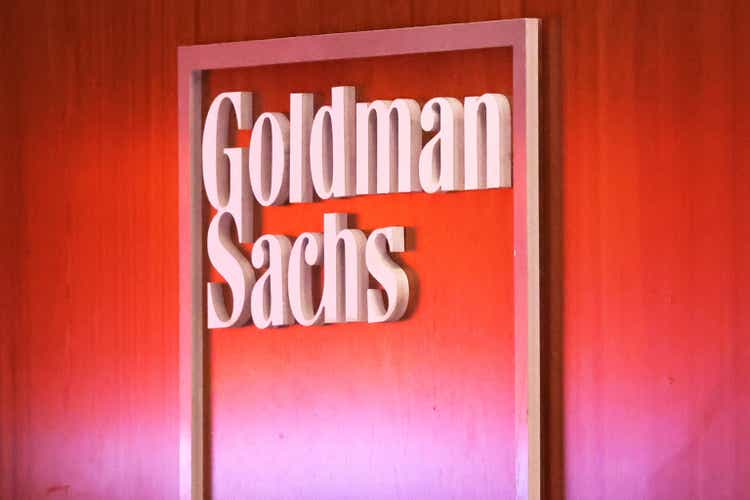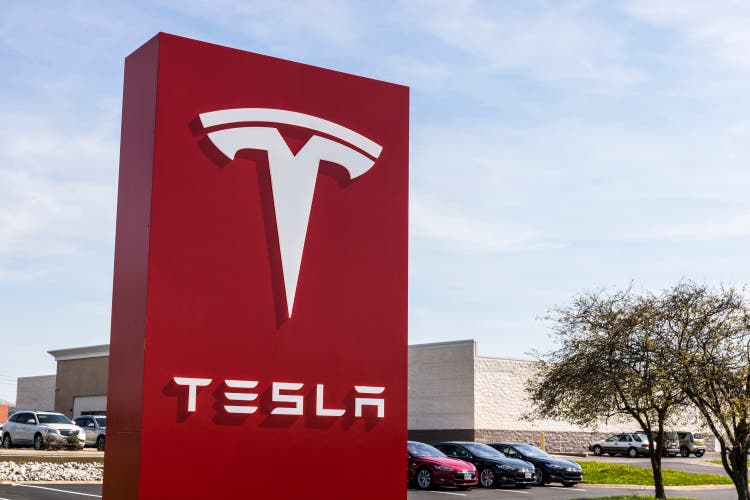- Elon Musk’s Neuralink may have been recently valued at a reported $9 billion, but that did not stop the company from claiming a special designation as a “small disadvantaged business” with the government. The self-designation is meant for companies majority-owned by someone belonging to a socially or economically disadvantaged group and can only be granted to business owners with a net worth of less than $850,000, excluding home equity.
Despite being owned by the richest man in the world, Elon Musk’s brain implant startup Neuralink identified itself as a “small disadvantaged business” with the federal government.
While Musk’s DOGE was busy purging government diversity, equity, and inclusion (DEI) programs, his company was claiming a special designation meant for companies that are “unconditionally and directly” majority-owned by someone belonging to a socially or economically disadvantaged group, MuskWatch first reported. The designation also requires that the owners of such companies be “economically disadvantaged individuals.”
The company’s profile on the Small Business Administration website currently lists Neuralink as a “Self-Certified Small Disadvantaged Business.”
Neuralink and the Small Business Administration did not immediately respond to Fortune’s request for comment.
The SBA defines “economically disadvantaged individuals” as “socially disadvantaged individuals whose ability to compete in the free enterprise system has been impaired due to diminished capital and credit opportunities as compared to others in the same or similar line of business who are not socially disadvantaged.” Any person with a net worth of more than $850,000, not including their home equity, also does not qualify.
Although as a private company, Neuralink’s ownership structure is not publicly available, Musk’s $364 billion net worth would clearly disqualify Neuralink from consideration for the SDB designation. In June, Neuralink also announced $650 million in fresh funding that reportedly valued the company at $9 billion, according to Semafor.
The federal government has since 1988 granted contracts to small disadvantaged businesses in an effort to spur job creation and reduce historical inequities. Under the Business Opportunity Development Reform Act of 1988, Congress declared “not less than 5 percent of the total value of all prime contract and subcontract awards for each fiscal year,” be awarded to small disadvantaged businesses.
There is no evidence Neuralink received any disbursements from the federal government under this designation.
Still, the Justice Department has previously sought to prosecute those who claimed false special designations with the government. In 2023, the owner of an investment properties company falsely claimed to be a “service-disabled veteran owned small business” in SAM, the official website for companies conducting business with the federal government.
The owner, who never served in the military, used the designation to claim two Department of Defense contracts worth more than $1.9 million. He later pleaded guilty to wire fraud and was forced to pay $72,000 in restitution and a $10,000 fine, and serve 15 months in prison.
This story was originally featured on Fortune.com

 3 hours ago
1
3 hours ago
1




















 English (US) ·
English (US) ·